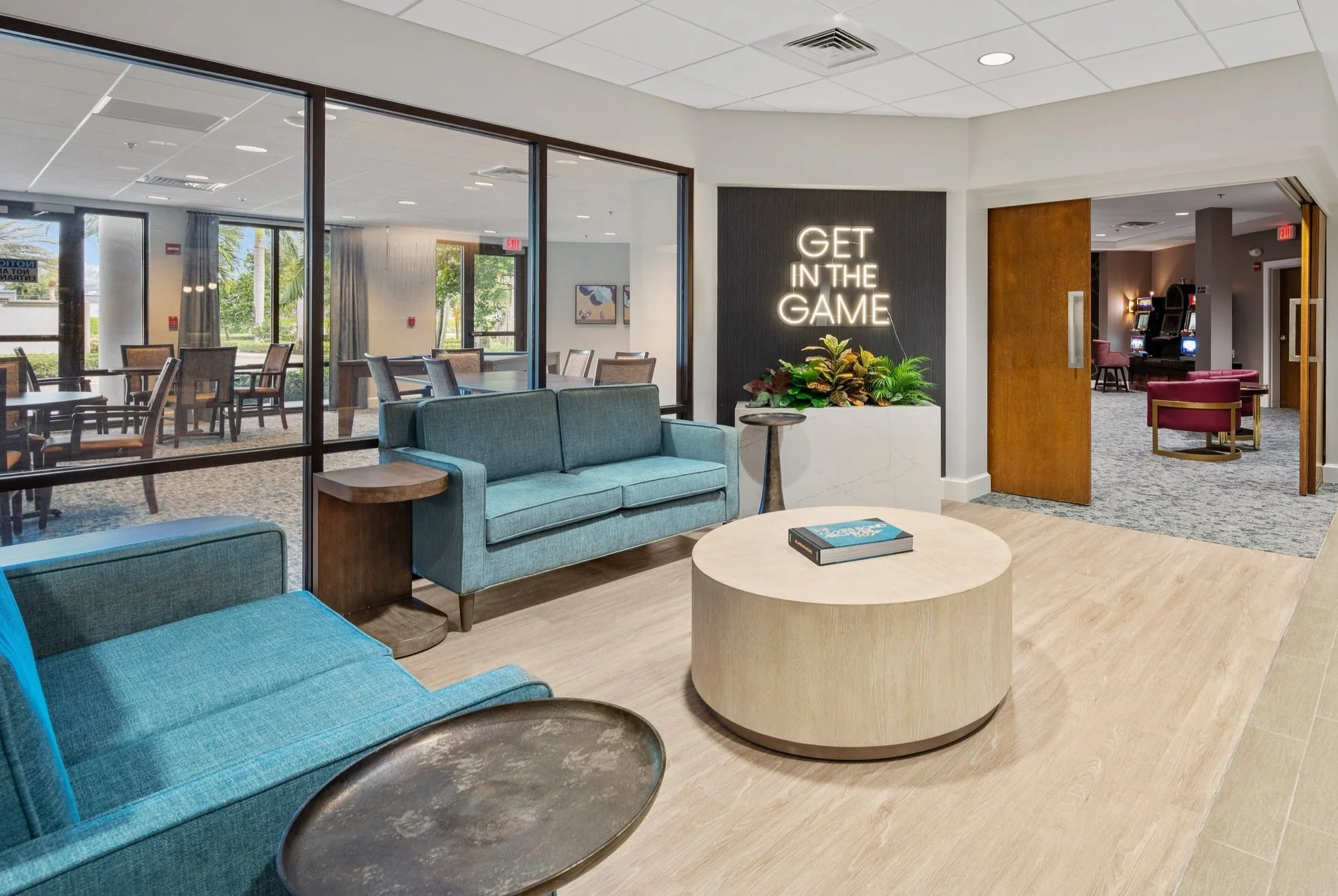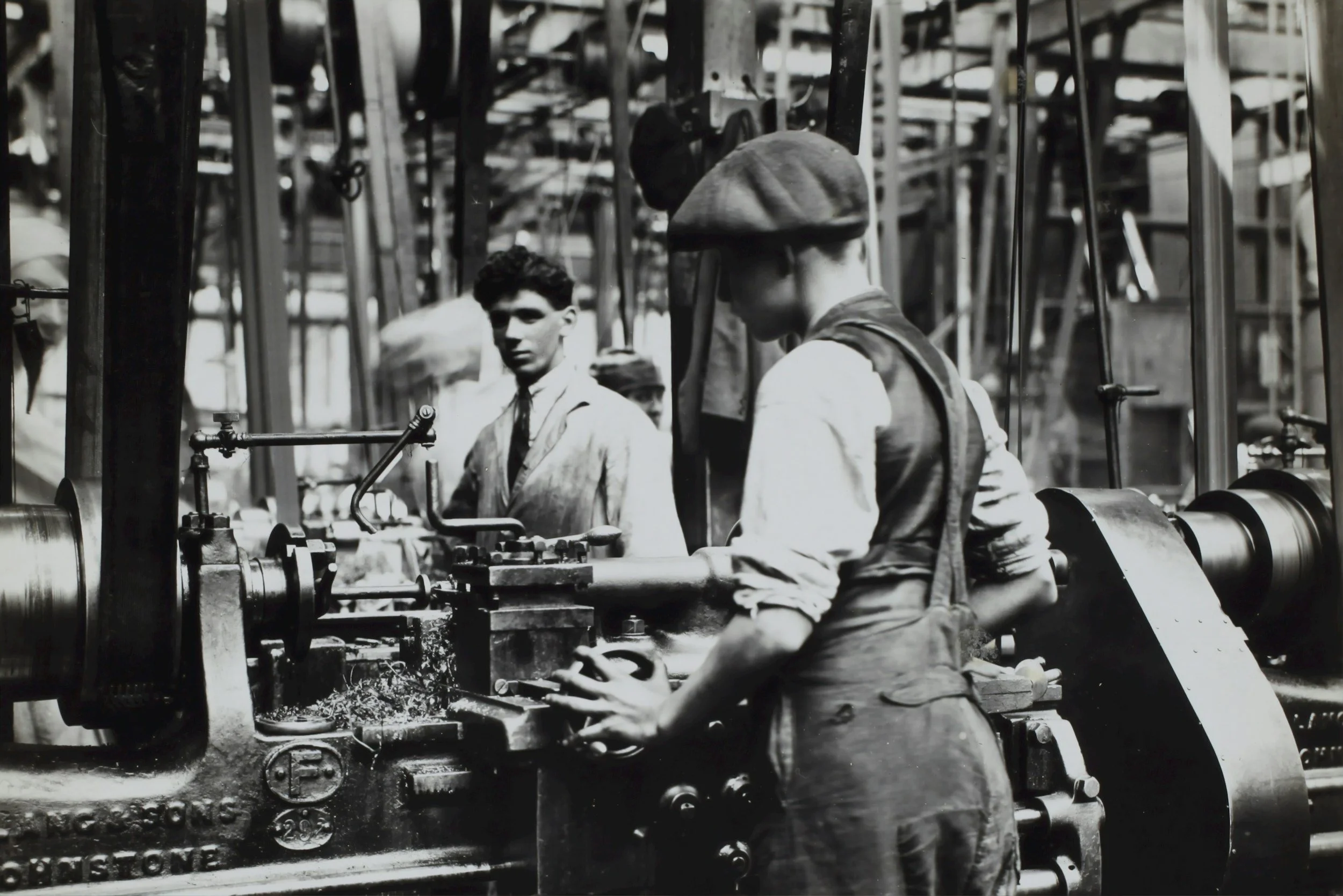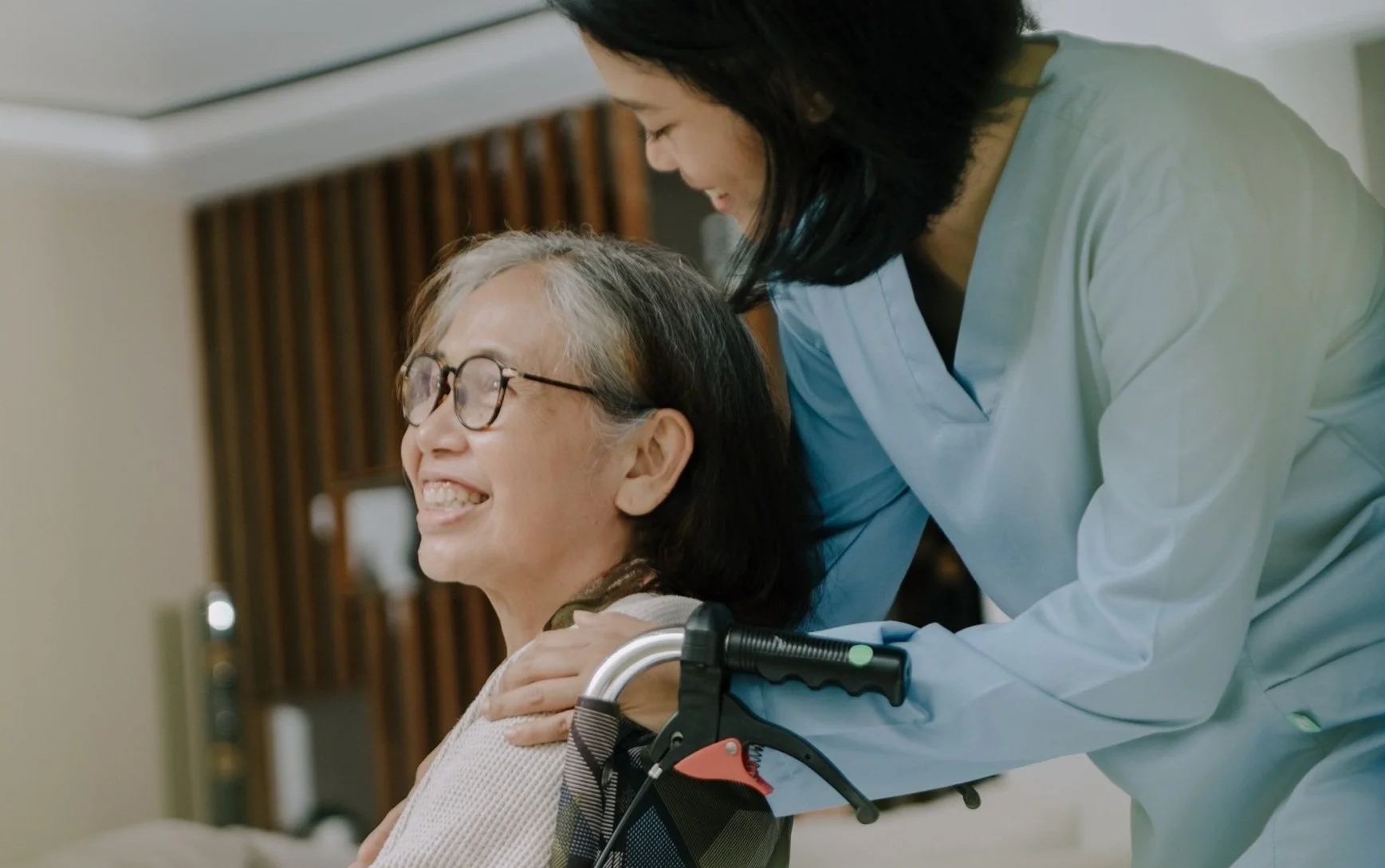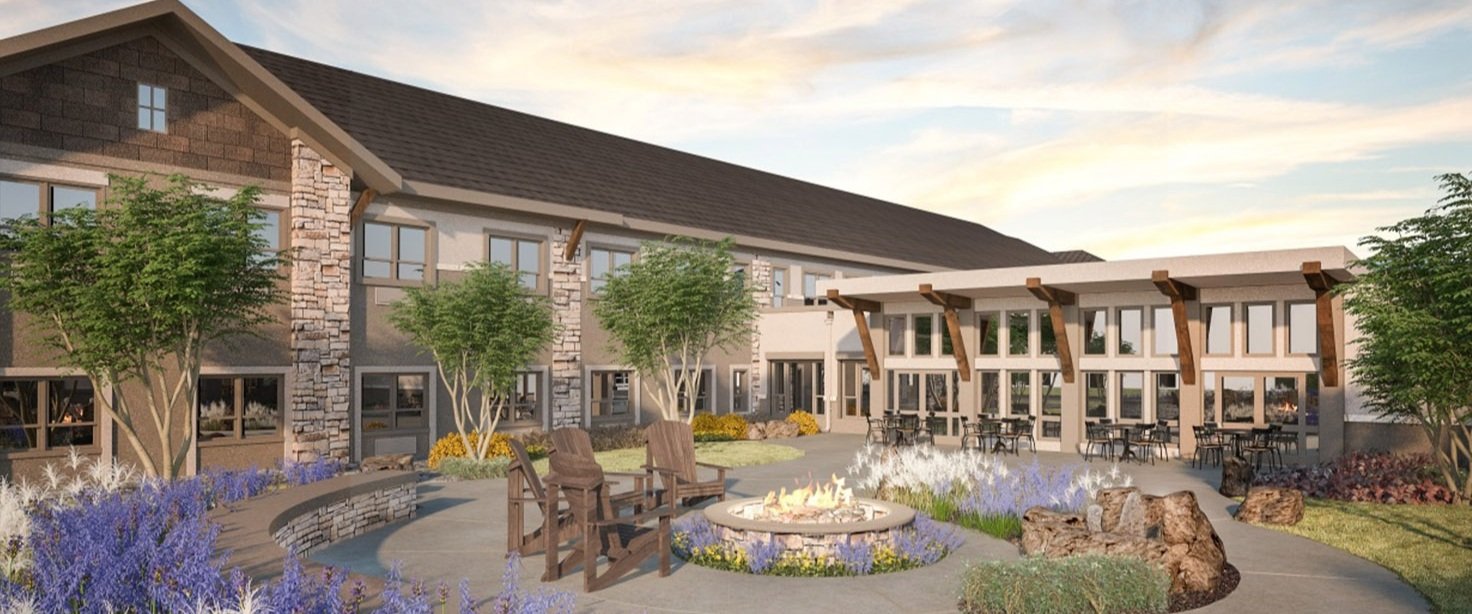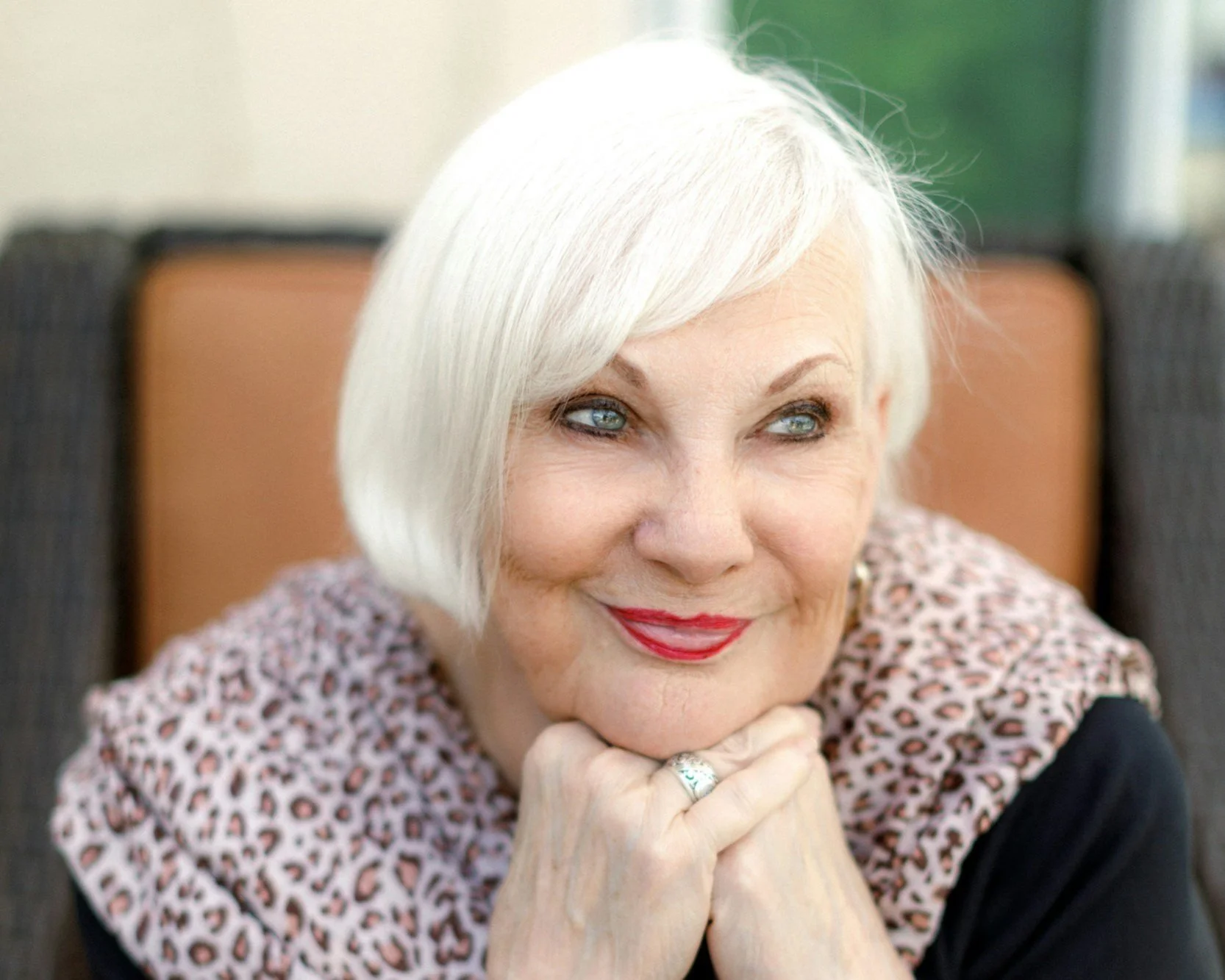What Your Employees Really Want in a Community
Did you ever give someone a gift that you’re sure they’ll love, but you’re surprised to find out that they didn’t?
Charles Turner, CEO of Kare
Thinking we know what others want or need may be well meaning; but it can lead to problems, for example, when you assume what makes your employees stay or leave. We went to an expert, Charles Turner, CEO of Kare, to find out what frontline workers in senior living and long-term care actually say and think about what makes them love – or hate – their job.
Two Perspectives
In their recent report, Texas Assisted Living Workforce Retention: A Tale of Two Perspectives, Turner and co-author James Lee, surveyed employers and employees to learn what they viewed as top priorities and key drives for employee satisfaction, retention, and engagement. They found same alignments, as well as some disconnects.
For instance, pay rate was the highest-ranking factor for caregivers regarding what motivates their employment decisions; and this aligns with what employers said. However, employers overestimated the impact of higher pay from other industries combine with the negative effects of COVID on caregivers’ career interests.
At the same time, employers rated culture as a high motivator for employees. However, Turner said, “They missed the mark on this and on what components of culture meant most to caregivers.” While 66% of employers said they think caregivers would be willing to give up part of their pay if they like the company’s culture, 60% of caregivers disagreed on this point, but they valued other aspects of their job.
Turner observed that caring for seniors is what gives these individuals pride and satisfaction. “If they can make more money where they can get the same ‘high’ from their work, they’ll go, although many jobs don’t offer the same type of intrinsic rewards,” he said. However, “Our heroes said that disrespect from management, which is typically an immediate supervisor, is one of the reasons they leave a job, while employers rated this low.”
Employers also overestimated the value of having friends who work at the same facility. In fact, 44% of caregivers strongly agreed that they would take higher pay even if they didn’t like their co-workers. Therefore, Turner said, “Employment referral bonuses are less likely to impact retention.” Perhaps, he suggested, employers could instead focus on finding creative solutions for offering scheduling flexibility, meaningful benefits, and the general aesthetic upkeep of the assisted living community itself. These issues, according to the study, are things beyond pay that caregivers want in a job.
Breakrooms Matter…If Done Right
The idea of a big, beautiful breakroom may seem like a great idea, but Turner noted that it must be more deliberate than that. Features such as digital signage (dedicated to issues employees care about), secured lockers, comfortable seating with TVs, charging stations for phones, snacks and water or other beverages for energy and hydration, and computers with access to continuing education are attractive to staff. But Turner cautioned, “You want to make it a place where staff is comfortable and want to go but not where they want to stay or linger.”
Privacy is important. While caregivers may love their residents and enjoy spending time with them, they need time to themselves. Well planned outdoor areas adjacent to break rooms can be an appreciated respite. While access to the community pool, spa, or gym may seem like an enticing benefit, employees may not want to engage with residents when they are off the clock and trying to rest or workout. Providing separate times for staff can help encourage usage.
Employers sometimes underestimate their caregivers’ love for their work and their residents. In the study, only 37% of employers were confident that COVID had not changed a caregiver’s desire to stay in the industry, but 77% of caregivers were adamant that they are here to stay. Turner said, “They see themselves as caregivers first. We asked if they could make 20%, would they go to another industry? Most said ‘no.’”
Talk the Talk AND Walk the Walk
At KARE, Turner and his team use the term ‘heroes’ regarding the nurses, caregivers, and senior care workers they place. But he stresses that this isn’t just a word. It is a tribute to how they view these professionals, and they back it with action. His “heroes” often reflect that language back to him with comments and posts that refer to things like “putting my cape on and getting back to work.”
“This is a labor population that has often felt disrespected and unappreciated and that lacks autonomy. We empower them to be their own boss, and we honor what they do. We are creating a culture where people feel connected.”
Contact us here or call us at 512-231-1910.










